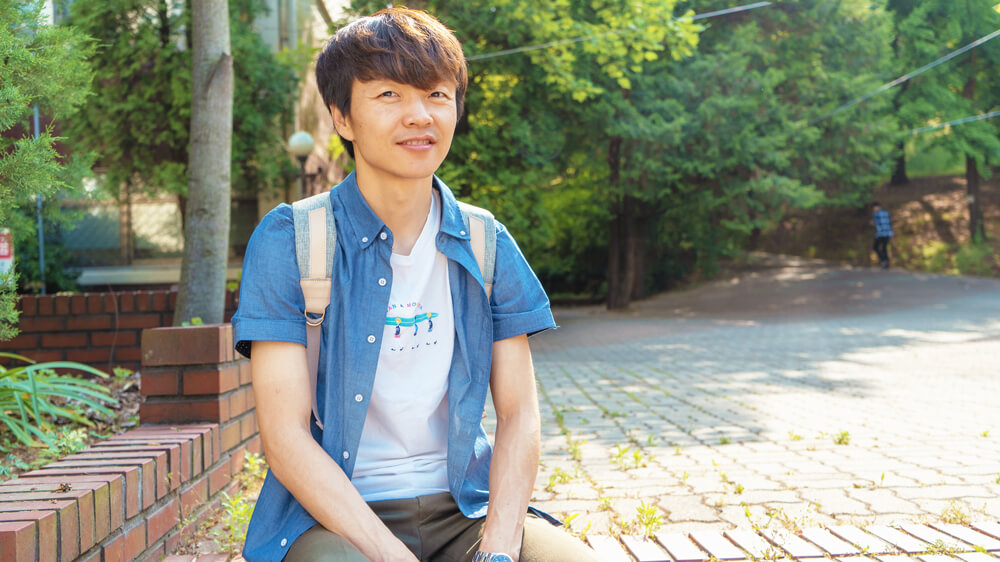Film Review: Under the Sun

Spoiler alert: The North Korean government suffers from a severe transparency deficit.
How do you reveal the reality of a society where government representatives script each scene you're allowed to shoot?
Simple: leave cameras rolling at all times, and show your audience the scripting and retakes of "real life" in all their glory.
You end up not with a documentary about a family going about their lives, but a behind-the-scenes reveal of a family whose dinner-table conversations, workplace interactions, and even expressed emotions are curated by government propagandists for external consumption.
No North Koreans question this process out loud--except to check their lines.In this system everyone knows the role expected of them, especially with government officials overseeing everything. So before our very eyes, we observe the theatrical production of an ideal 'Kimilsungist socialist society', played out by real citizen-actors. And when citizens know the risks of not playing the part they’re asked to play, they become good actors.
This is of course a very real aspect of life in North Korea, even when no cameras are rolling. The everyday ritualised theatrical production of 'obedient citizens willingly striving as one for the socialist cause' is one of the key means by which the state perpetuates itself. Everyone knows what to say, how to say it, and that you have to say it. Whatever your innermost thoughts may be, it's hard to break role publicly when everyone else is sticking so closely to a ‘script’.
Revealing the nature of this production, warts-and-all, is one of the key contributions of Under the Sun.But as with any behind-the-scenes look, cracks in the facade, tired actors and cock-ups are apparent.'Off stage', strategically placed cameras record poor Pyongyang kids scavenging from a trash can. We see commuters disembarking to push a tram. A government 'set manager' shoos away two women approaching the back door of a milk processing plant with a big jug; we can only guess they were looking for an off-the-books top up, unaware there were foreign filmmakers present that day.
We see a forgetful factory worker reporting they have exceeded production targets by 150%, and in the next take 200%. It doesn't matter to any of her coworkers which fiction is used, and no one bats an eyelid.
And of course, children being less practiced in their roles within the system than adults, the best scenes feature North Korean kids. A small girl struggles to keep her eyes open while an aging war veteran wearing far too many medals bumbles through an anti-American propaganda lecture, punctuating tales of shooting down planes with praise for Kim Il-sung.
Jinmi, the star of the film, breaks down in tears when the pressure of performance becomes too much. Elsewhere, on-screen text tells us that she unwittingly revealed her parents' true occupations of journalist and restaurant worker before the government co-producers scripted them as the more socialist-appropriate textile factory technician and soy milk plant worker.
It's hard to not recall The Truman Show, and it boggles the mind to think there are 25 million people living out their lives in this theater state.
But unlike a Hollywood Movie, the enemy here is not represented by a snarling on-screen character. The propagandists are unnamed and we rarely even see their faces properly. The enemy is in fact the system itself, whose quiet tyranny forces every citizen - including the propagandists - to become complicit in its perpetuation by allowing the expression of only a singular narrative of what it is to be a North Korean.
Humans of North Korea: Remembering Why I Crossed That River


If I hadn’t crossed the Tumen River [into China], I’d be dead. My mom was already in China and the food shortages in North Korea were getting worse. I didn’t know where to get food. So I made up my mind to cross the river, but the day before I was supposed to go, the broker looked at the river’s water level and asked, “What if you drown in the middle of the river and die?”
I hesitated a little. Because I really could have died. But I didn’t turn back and I told the broker to send me across. I was so adamant about going that she didn’t stop me. If I had stopped or retreated because I was afraid of the water, I wouldn’t be here today. If I had tried to go back, I would have just died. In North Korea, there was no hope. No hope at all.

The morning I crossed everything was still covered in darkness. While I waited for the soldiers’ watch to end, all I could hear was the sound of the river in front of me.
It was completely black but I thought, if only I can reach the other side I can reunite with my mom.
When I stepped into the icy river I thought if I was going to die here in North Korea or trying to cross, I’d rather die trying to find my mother. That’s why I decided to cross the Tumen River that morning. It’s because of that one moment where I made the decision to cross that I can live my own life today.
Now when I’m having a hard time, I remember that moment when I stepped into the river and remind myself that my life has a purpose. I ask myself, “Why did you cross that river?”
- Pilju, escaped North Korea at 17 years old and reunited with his mom in South Korea.
.jpg)




